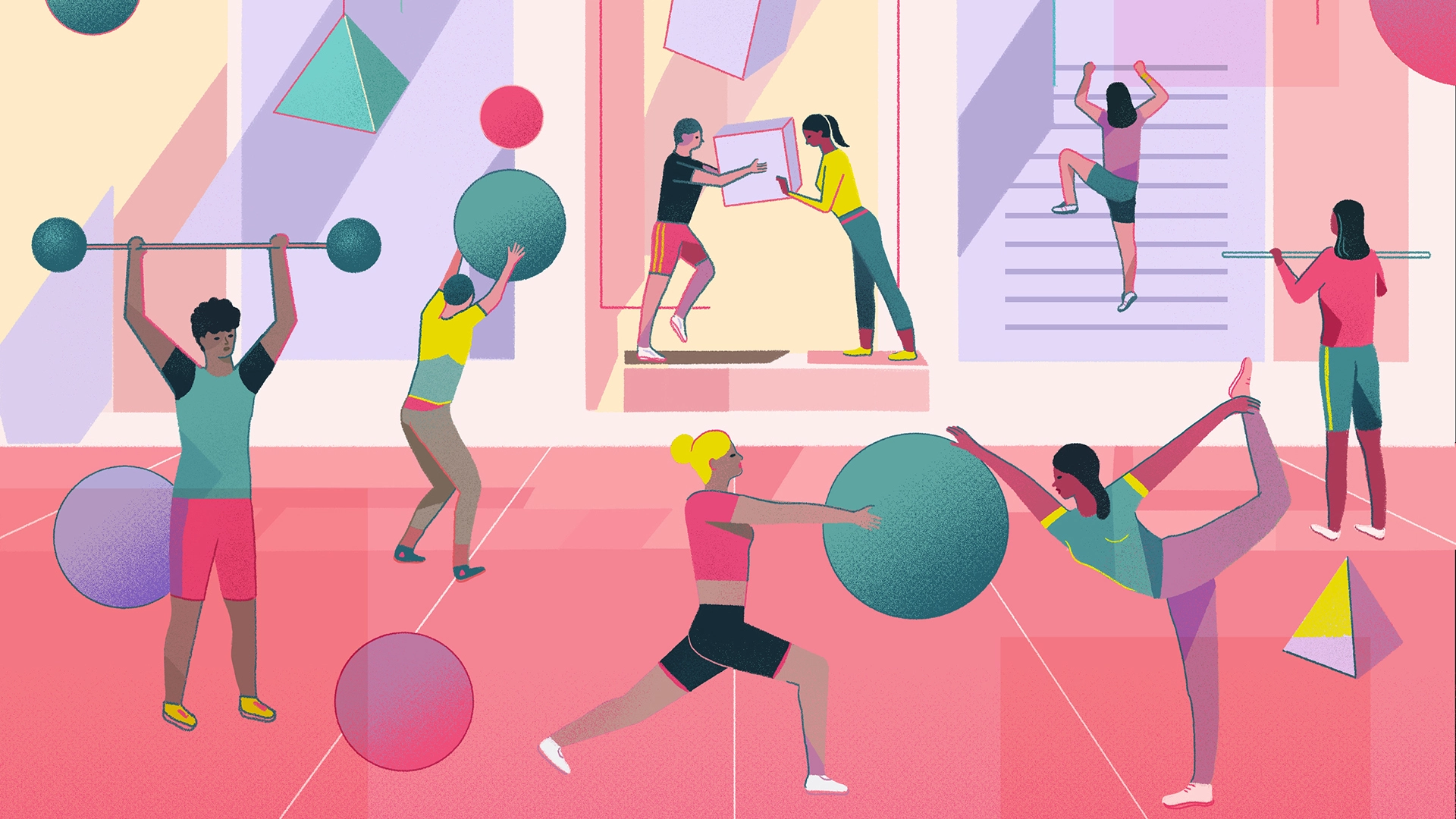
By now, almost everyone has experimented with generative AI. And as leaders commit to rolling out Microsoft Copilot across their workforces, the individual productivity gains and organization-wide effects will be unmistakable. If 2023 was all about the promise of AI, 2024 will be about the proof.
To build an AI-powered organization, where new technology supports human ingenuity at every level, leaders need to help their teams embrace new mindsets and habits. As 2024 opens, here are five habits to hone as you guide your teams through the transition.
1. Generative AI gives people time back—use it well.
When people get things done faster with Copilot, over half say they use that extra time for focus work, according to data from our latest Work Trend Index Special Report. That’s a promising productivity trend, but about one in six people say they use it to attend extra meetings—which might be counterproductive if they’re already spending long hours on calls and in conference rooms. “As leaders, we have a responsibility to help people redeploy the time savings from generative AI to other high-value work,” says Colette Stallbaumer, General Manager of Microsoft 365 & Future of Work.
Be intentional about that new space on your calendar, and encourage your teams to do the same. Reflect on the priorities of your role and your wider organization, and think about how you can empower people to do work that energizes them and drives the business forward. If you’re looking to be a better manager, you might spend more time coaching your teams. If you’re in sales, you’ll probably want to nurture customer relationships. For many roles, cultivating human connections will be key. Which brings us to the next item on the list…
2. People skills matter more now, not less.
For employers, the most in-demand skill is management, with communication, leadership, and teamwork also high on the list, according to job-posting data analyzed by LinkedIn. In other words, so-called “soft skills” matter a lot in the age of generative AI. As AI continues to transform work, LinkedIn VP Aneesh Raman envisions “a world of work that’s more human, not less.”
“People skills are going to come more to the center of individual career growth, and people-to-people collaboration is going to come into the center more for company growth,” Raman, who is head of LinkedIn’s Opportunity Project, told us recently on the WorkLab podcast. Employers will become educators as people learn new skills and master new tools, he says: “For leaders, you’ve got to start with communicating clearly, compassionately, and empathetically with your teams.”
3. With Copilot, there’s really no such thing as a stupid question.
In Microsoft Teams meetings, think of your private side chats with Copilot as a judgment-free zone, and encourage your employees to see it that way too. Lost track of what people are talking about? Enlist Copilot’s help to catch up. Can’t think of a question to ask to keep the conversation going? Ask for a suggestion. “One thing I’m hearing from customers is that Copilot gives them a feeling of psychological safety,” says Alexia Cambon, a Senior Director at Microsoft who leads research for the Work Trend Index. “It’s a support system that’s there for you, and the pressure is off to take notes or capture every single thing that’s said.”
That backup can be particularly comforting for people who participate in meetings conducted in their second or third language, or for some neurodivergent attendees. “The positive impact we’ve seen on people who’ve got workplace accessibility needs has been incredible,” says Vicki Holman, Collaboration Platform Owner at Hargreaves Lansdown, a UK-based financial services company. “I’ve had people tell me they suffer from stress that makes it difficult for them to stay present in meetings.” But when they get a recap or notes from Copilot, she says, it helps people “review information and overcome their anxiety around meetings.”
4. Spend less time searching for stuff.
We all spend a lot of time at work tracking down information. Where does that data point live? Who sent it to me? Where’s the most up-to-date file? Was the information in an email or a Teams message or a video conference? Searching for information is such second nature that employees might not even realize it’s a pain point.
A surprising fact: In our global survey of 18,100 people, respondents said they spend more time searching for information (27% of their day) than creating (24%), communicating (24%), or consuming it (25%). And people say only half (50%) of the information they take in every day is necessary for their job. Copilot eases this pain by scanning your entire data universe—emails, meetings, chats, documents, and more, plus the web—to find what you’re looking for. Leaders should encourage managers and employees to start every search by using Copilot, and then share great prompts and codify key learnings along the way.
5. Reset your brain from “command mode” to “conversation mode.”
The web has trained people to search for things by typing quick strings of keywords into a box. With generative AI, we’ll need to relearn the art of conversational back-and-forth. “Search is a one-and-done question, usually,” says A.J. Brush, a researcher on human-computer interaction and Partner Group Product Manager at Microsoft. But when you’re working with Copilot, follow-up questions are powerful, she says. If you’re not getting what you want, drop in more context: “I’m trying to do X.” “The goal is to Y.” “Can you help me Z?” You can keep the conversation going as long as you want—you won’t bore anybody or seem needy.
Another way to think of this concept: “If you want to get a better answer, you have to know how to ask a better question,” Microsoft CVP and Deputy CTO Sam Schillace told us on the WorkLab podcast. As he puts it, ask smart to get smart.
Working with Copilot is like having an endlessly patient assistant by your side to help manage the pace and volume of work, process everything that happens in meetings, and give your creativity a boost. It requires flexing new muscles and building new habits, and that’s something that all leaders need to take into account as they meet this moment with a sense of exploration, empathy, and ultimately, humanity.

